#ann cvetkovich
Explore tagged Tumblr posts
Text
“The category of the archive came somewhat belatedly to that project as I thought about how we collect feelings or store them or save them. Sometimes we want to get rid of feelings of loss or sadness, but we also hang on to them, and I think that’s why we also hang on to stuff.”
5 notes
·
View notes
Text
The category of the archive came somewhat belatedly to that project as I thought about how we collect feelings or store them or save them. Sometimes we want to get rid of feelings of loss or sadness, but we also hang on to them, and I think that’s why we also hang on to stuff.
1 note
·
View note
Text
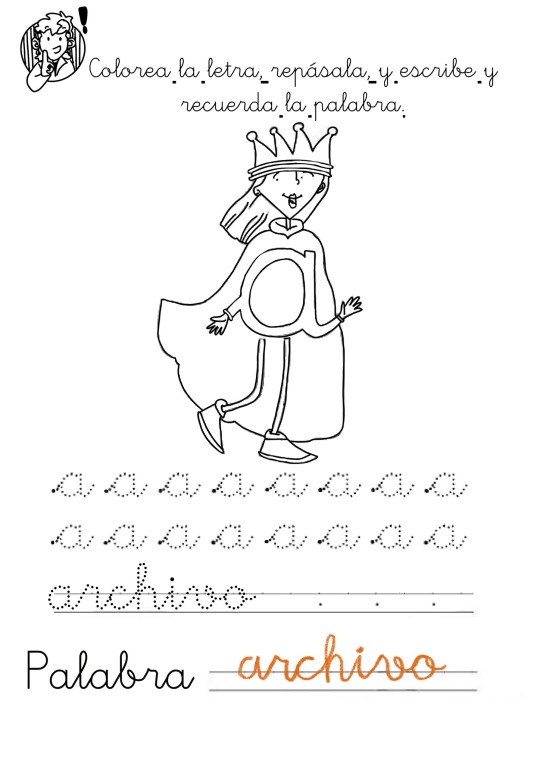
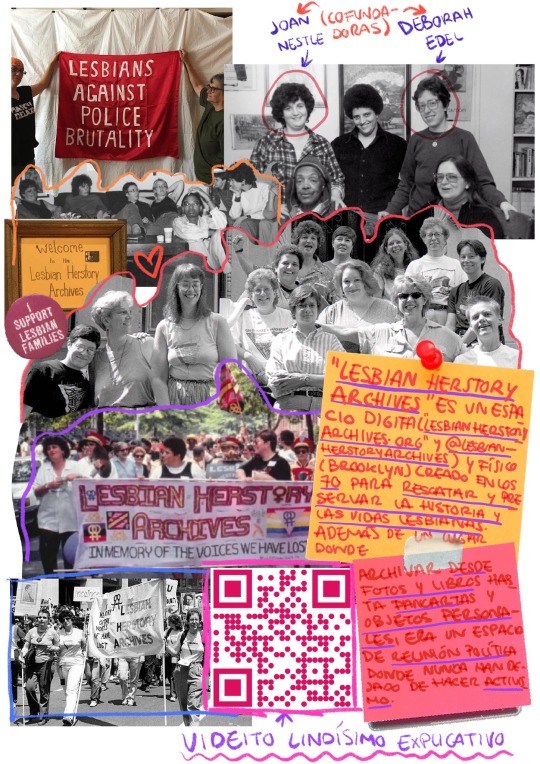
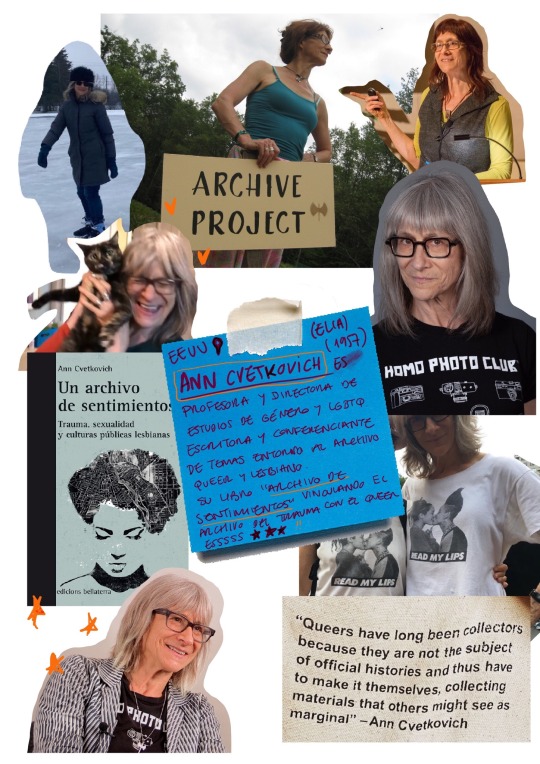
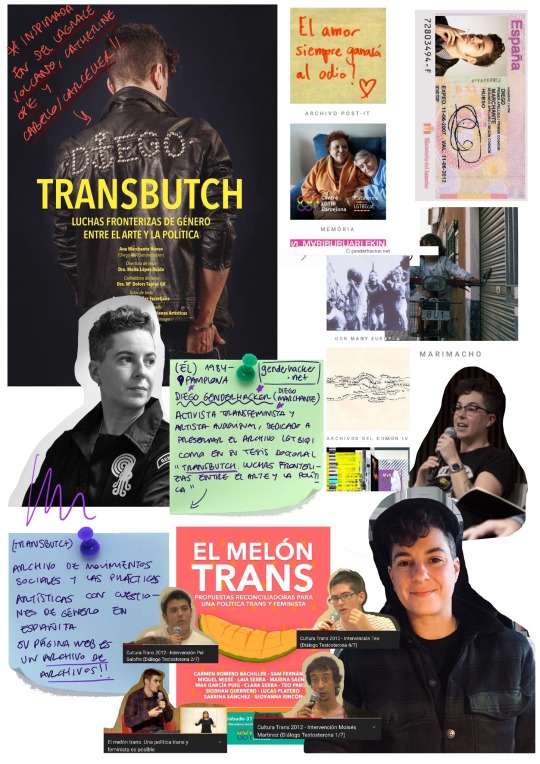
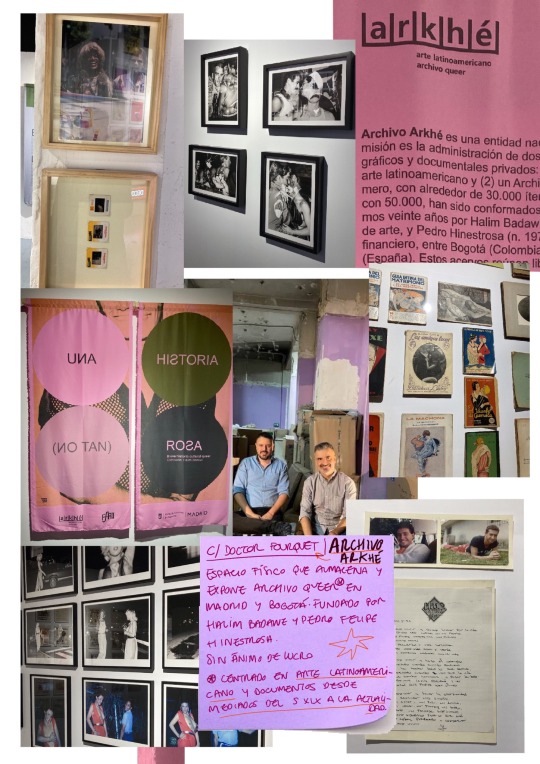
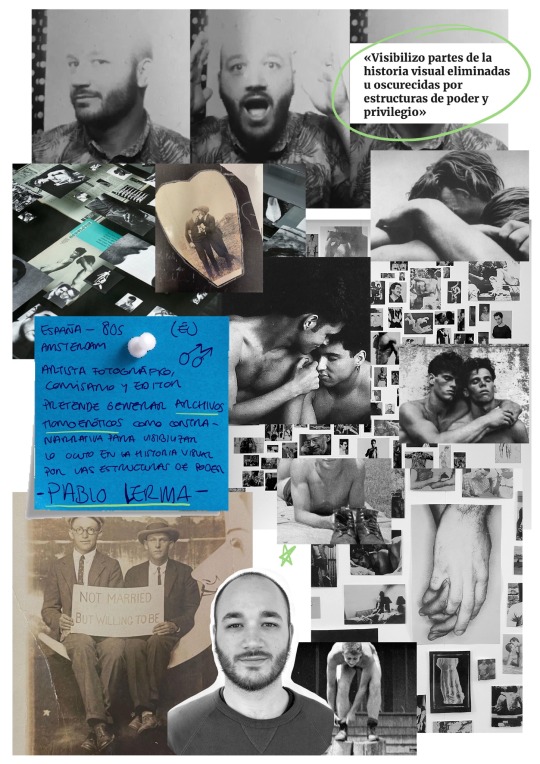
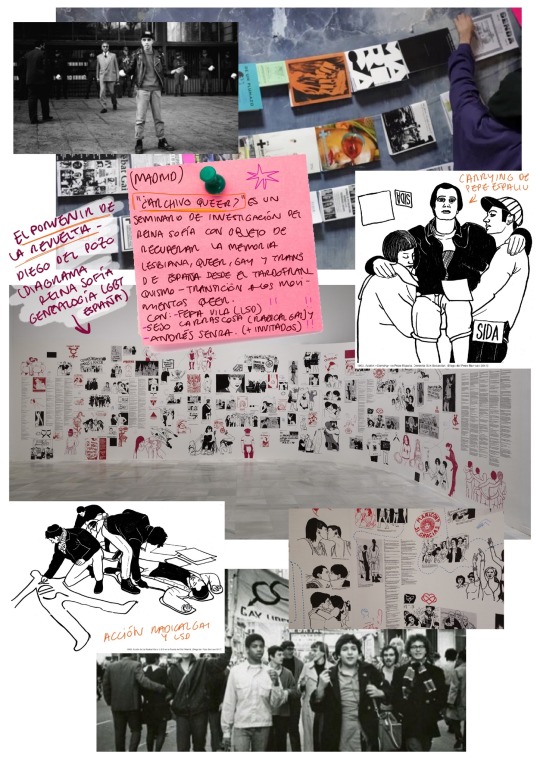
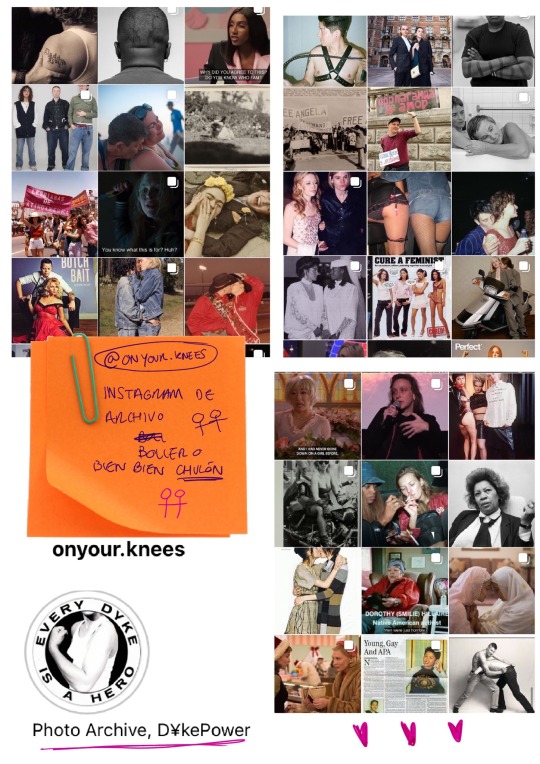
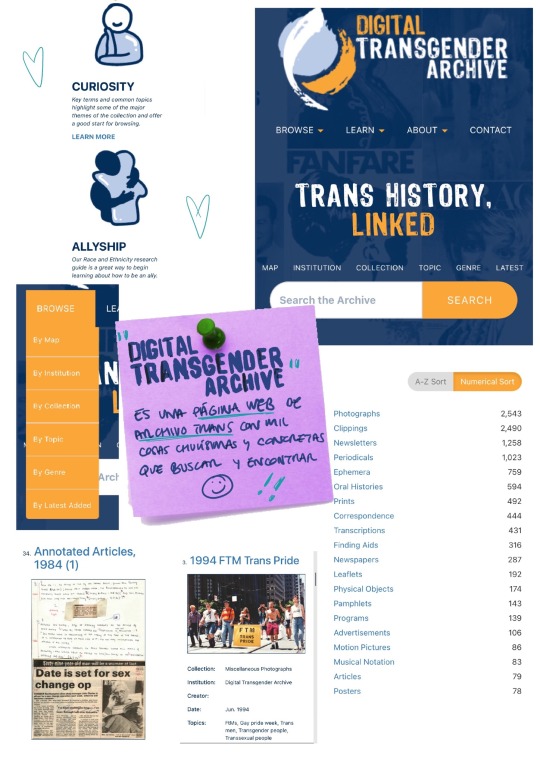
a-archivo
empezamosss
#archivo de márgenes#archivo#minuscula#lesbian herstory archives#ann cvetkovich#diego genderhacker#archivo arkhe#pablo lerma#archivo queer#reina sofia#diego del pozo#onyourknees#digital transgender archives
1 note
·
View note
Note
I saw longlegs because of your posting and loved it!! You mention trauma theory and it, do you have reading recommendations? If you don’t mind, of course.
im so glad you enjoyed it and very honoured my posts convinced you to go!
some of these are not explicitly trauma theory books- a lot of them focus on mental illness- but i learned trauma theory from psychoanalysts, in classes intended to train psychoanalysts and therapists, so i've pulled these books from there as well as my own research.
the body keeps score by bessel van der kolk is a classic for a reason
trauma: explorations in memory edited by cathy caruth is one of my go-to collections: i especially like the essay by laura brown
the divided self by r.d. laing is one of the most profoundly beautiful books i have ever read
medusa's hair by gananath obeyesekere is another very beautiful book
trauma and the destructive-transformative estruggle: clinical perspectives edited by terrence mcbride and maureen murphy: susan berger's article in this is very good
beyond the pleasure principle by freud is invaluable; the strachey edition is best if you can find it
"studies on hysteria" by joseph breuer and sigmund freud (in volume 2 of the strachey editions)- i did a close study on the anna o case over the winter term and as uncomfortable as a lot of their work is from a modern perspective it is still incredibly valuable
psychological healing: a historical and clinical studdy by pierre janet (a good accompaniment to freud in general)
betrayal trauma: the logic of forgetting childhood abuse by jennifer freyd
two vaguely off the cuff recommendations:
virginia woolf: the impact of childhood sexual abuse on her life and work by louise de salvo
spirit and trauma: a theology of remaining by shelley rambo; also resurrecting wounds: living in the afterlife of trauma by the same author. rambo is a theologian, so these might not take if you're not religious, but in terms of longlegs (which i regard as highly theological in a lot of ways anyway) and its relationship with God and theology, i think there's a lot of fruitful stuff here. as well her essay on the haemorrhaging woman is very good.
books i have not personally read but feel comfortable vouching for:
against the unspeakable: complicity, the holocaust, and slavery in america by naomi mandel
an archive of feelings: trauma, sexuality, and lesbian public cultures by ann cvetkovich
trauma and recovery: the aftermath of violence from domestic abuse to political terror by judith herman
shattered subjects: trauma and testimony in women's life-writing by suzette henken
22 notes
·
View notes
Text
21 mai
hier à l'église c. donnait des petites explications sur la genèse de ses textes et à un moment il a mentionné sa "dépression" en la mettant entre guillemets. il a dit "ce que vous appelez ici dépression" et il en parlait comme quelque chose de bénéfique, comme d'une brève période noire de sa vie pendant laquelle il a touché le fond mais qui lui a permis de la changer complètement et de se décider à se consacrer entièrement à ce qu'il voulait vraiment faire. comme ces gens qui ont eu une illumination pendant la période du covid. il a vu la lumière. la dépression lui a apporté quelque chose, lui a montré quelque chose, c'était un chemin nécessaire, comme virgile qui descend aux enfers, ou dante, je sais plus. c'est comme ann cvetkovich qui parle de la dépression comme d'un savoir caché, d'une expérience qui a du sens, c'est une exploration. mais moi je pense que ça c'est une version très privilégiée de la dépression et que ça concerne pas les gens qui ont grandi avec. la dépression c'est une exploration de rien du tout pour moi, à part de moi-même peut être, et encore je suis tellement dissociée que j'ai l'impression que tout ce que je sais de moi est faussé. peut être que la dépression a permis à c. de se trouver et de changer radicalement sa vie mais moi elle m'empêche juste de la vivre. elle fait que ça. ou alors je suis trop débile pour comprendre son message.
on a aussi assisté à une lecture de jean portante, un poète luxembourgeois que j'avais découvert dans la bibliothèque de raffaella, c. s'était mis sur le premier banc et on était juste devant lui comme des groupies littéraires mais j'ai passé la moitié de sa lecture enfouie dans des réflexions sur mon livre en me disant que je devais mettre plus de poésie dedans. j'y travaille tous les jours. je reste disciplinée. dans heroines kate zambreno se demande si y a une différence entre être dépressive et être totalement immergée dans l'écriture d'un livre. passer ses journées à écrire ou à non écrire sans sortir de chez soi. c. m'a dit que c'était en entendant jean portante dire que quand on écrivait il fallait le faire à fond ou pas du tout qu'il avait eu un déclic et qu'il avait décidé de faire plus que ça. je lui ai dit que moi je pouvais pas, que ça me rendait folle et que ça finissait par m'en dégoûter. qu'il me fallait autre chose pour contrebalancer. mais quoi?
à la chorale samedi on m'a posé la question fatidique avant que j'aie réussi à échapper à la conversation (j'avais déjà commencé à mettre ma veste pendant qu'elles parlaient du stage à la cour européenne de justice de tonia la fille qui finit première de tout ce qu'elle entreprend, mais j'ai pas été assez rapide) et quand j'ai dit que j'écrivais elle m'ont parlé d'un type de la chorale qui a non seulement déjà publié plusieurs livres mais en plus il travaille au putain de parlement européen et il fait partie d'un ensemble de jazz. elle m'a dit que ça devait sûrement être dur d'en faire son métier et j'ai dit que c'était pas mon métier et que je donnais des cours de luxembourgeois en mentant sur mon nombre d'élèves, ce qui m'a amenée à mentir sur les attentes de mes élèves fictifs, l'adaptation de mes méthodes d'enseignement, etc, alors qu'en vrai ma méthode d'enseignement c'est de demander à mon élève de me raconter toute la biographie de taylor swift et puis de débattre sur quel est son meilleur album (1989 obvs). c'était son dernier cours hier matin, j'étais presque un peu triste en lui disant au revoir. je me demande si je lui ai vraiment appris quelque chose.
hier matin la conversation a tourné vers son copain et les dynamiques déprimantes du couple hétérosexuel et je l'écoutais avec horreur me raconter son quotidien de cuisine ménage rangement lessives courses etc pendant que son copain laisse trainer ses chaussettes sales partout (ce n'est donc pas qu'un cliché?) et qu'il sait même pas faire cuire des pâtes. des PÂTES. elle m'a dit qu'elle leur préparait des repas pour la semaine le weekend et qu'une fois elle avait fait des pâtes sans sauce et que quand il avait ouvert le couvercle de son tupperware il avait dit et la sauce? je lui ai dit qu'à sa place je le laisserais dans sa merde et elle a dit non mais c'est pas sympa, et puis toutes ses copines c'est pareil. je savais plus quoi dire pour rester polie. et en même temps je suis une sale hypocrite parce que j'ai zéro tolérance pour les rôles de genre mais dans mon couple avec maman c'est moi l'enfant roi et c'est elle qui fait les courses et qui repasse mes pantalons. mais j'estime que c'est pas pareil. moi je fais la cuisine et parfois je fais même des machines.
28 mai
j'ai essayé de m'enregistrer en lisant mes nouveaux poèmes-radio mais j'aime pas et je sais pas quoi envoyer à r. je fais une crise existentielle de la poésie. je suis pas poète, j'ai rien à lui proposer, il me prend pour une poétesse que je ne suis pas. dans sa tête j'avais plein de textes qui trainaient dans mon ordi prêts à l'emploi et moi aussi je croyais que j'avais plein de textes mais en fait non, j'en ai pas. tout ce que j'écris c'est mon journal. et encore. j'ai rien à dire. pourquoi il existe des papillons quand il existe des mouches? pourquoi les papillons ont des ailes immenses et colorées avec des motifs sophistiqués alors qu'il existe déjà les mouches, compactes basiques et fonctionnelles? elles me semblent beaucoup plus économiques. est-ce que j'écrirais de la poésie si c'était pas pour être publiée derrière ou faire des lectures? en cherchant dans mes archives je suis tombée sur mes tout premiers poèmes en anglais que j'avais écrit pendant le workshop de poésie de minerva en isande. je me suis filmée en train de les lire à voix haute et ça m'a donné envie d'écrire en anglais de nouveau, rien que pour le plaisir de les lire.
bon j'ai quand même passé l'après-midi sur la terrasse avec mon ordi sur les genoux pour essayer d'écrire un truc avec des bouts de phrases qui trainaient dans mes fichiers, même si ma nouvelle méthode préférée maintenant pour écrire des poèmes c'est d'écouter la radio ou la télé et de noter des mots et j'ai pas le droit d'utiliser d'autres mots que ceux que j'ai notés. c'est comme un jeu de construction. mais comme c'est un peu arbitraire, j'ai l'impression que c'est moins vrai, que c'est de la triche, et donc j'y tiens moins. c'est moins personnel, et donc moins important. j'arrête pas de voir des citations qui disent que la poésie c'est la vérité, mais j'ai pas l'impression que ma prose soit moins vraie, au contraire. c'est pour ça que je veux pas publier de recueil de poèmes mais un roman.
3 notes
·
View notes
Text
Ann Cvetkovich writes: “What if depression, in the Americas, at least, could be traced to histories of colonialism, genocide, slavery, legal exclusion, and everyday segregation and isolation that haunt all of our lives, rather than to be biochemical imbalances?” https://topicalcream.org/features/sick-woman-theory/
0 notes
Text
Reading This Week 2023 #42
Finished:
Vanishing Rooms by Melvin Dixon
this may be a new favorite book of mine
Started and Finished:
41 fatt fics for the marathon
"Dante's Sympathy for the Other, or the Non-Stereotyping Imagination: Sexual and Racialized Others in the Commedia" from Dante's Multitudes by Teodolinda Barolini
"Achille Mbembe and the Postcolony: Going beyond the Text" by Jeremy Weate
"''Provisional notes on the postcolony'' in Congo Studies: an overview of themes and debates" by Katrien Pype
Depression: A Public Feeling by Ann Cvetkovich
Introduction Reflections: Memoir as Public Feelings Research Method Epilogue
Side Affects: On Being Trans and Feeling Bad by Hil Malatino
Introduction Chapter 3 - Found Wanting: On Envy
"Do the Media Make Sexual Violence 'Congolese'? Phallo- and Ethnocentrism in the International Coverage of Dr Mukwege's Story" by Caroline Williamson Sinalo
"Rape Without Bodies? Reimagining the Phenomenon We Call ''Rape''" by Holly Porter
What It Feels Like: Visceral Rhetoric and the Politics of Rape Culture by Stephanie R. Larson
Introduction: Bodies Feelings, And the Rhetoric of Rape Culture Taking It All In: #MeToo, Feminist Megethos, And List Making Conclusion: "I Was Trapped in My Body": Writing and Living After Rape
Started and Ongoing:
Inferno by Dante Alighieri, translated by Allen Mandelbaum, read via Digital Dante
read so far: canti 1-5
0 notes
Text
CFP: AMS 2023
CFP: Archives
AMS 2023, Denver, Music and Philosophy Study Group
Archives and archival work hold a contested position within music studies, especially given recent attempts to redress the forms of exclusion that have traditionally structured the field’s intellectual commitments. As much as they have functioned as the guarantors of scholarly legitimacy and objectivity, archives present a fruitful site to reflect on the larger historiographic, epistemological, and political aporias that accompany their existence. To this end, a growing body of literature has theorized “the archive” to better account for the ways that minoritized lives and practices have been obscured, rendered unruly, or simply forgotten within hegemonic narratives. Scholars such as Saidiya Hartman, Diana Taylor, Ann Laura Stoler, Ann Cvetkovich, and Robin Gray have thus articulated new critical perspectives on and from within the archive that productively sit alongside previous accounts from the likes of Michel Foucault and Jacques Derrida.
The Music and Philosophy Study Group seeks to continue these efforts and invites proposals for projects that conceptualize, critique, or generally reflect on archives or archival theory. Given the multiple “archival turns” that have been staged across the humanities, we encourage submissions from any critical tradition and welcome contributions that engage both the theory and praxis involved in archival work. We ask that proposals be no more than 250 words and indicate the intended form of the presentation, as we are amenable to projects outside of the standard 15-minute paper.
Possible topics include:
-Acts of reclamation, rematriation, repatriation
-Critical fabulation and speculative approaches
-Materialist perspectives and theories of conservation
-Archives related to theory and philosophy
-Colonial, corporate, and/or institutional archives
-Politics and/or economics of archival labor
-Archives as community engagement
-Psychoanalytic approaches to loss, damage, and impermanence
-Historical conceptions of archives
-Philosophy of memory
-Digitization and its ethics
Submission details: Proposals (of less that 250 words) are due by 10 March 2023, 11:59pm PST. Please upload proposals through this submission form.
Any and all further inquiries can be sent to [email protected].
1 note
·
View note
Text

2 notes
·
View notes
Text
“I’d like to be able to write about depression in a way that simultaneously captures how it feels and provides an analysis of why and how its feelings are produced by social forces. I’m interested in how, for many of us (an “us” that includes a range of social positions and identities in need of specification), everyday life produces feelings of despair and anxiety, sometimes extreme, sometimes throbbing along at a low level, and hence barely discernible from just the way things are, feelings that get internalized and named, for better or for worse, as depression. It is customary, within our therapeutic culture, to attribute these feelings to bad things that happened to us when we were children, to primal scenes that have not yet been fully remembered or articulated or worked through. It’s also common to explain them as the result of a biochemical disorder, a genetic mishap for which we shouldn’t blame ourselves. I tend to see such master narratives as problematic displacements that cast a social problem as a personal problem in one case and as a medical problem in the other, but moving to an even larger master narrative of depression as socially produced often provides little specific illumination and even less comfort because it’s an analysis that frequently admits of no solution. Saying that capitalism (or colonialism or racism) is the problem does not help me get up in the morning.”
Ann Cvetkovich, Depression - A Public Feeling
This is the same issue I am dealing with in my thesis and reading anti-psychiatry literature (which is good, but offers no solution), there is a sense of dejection in recognising reports of mental illnesses (or rather said emotional and mental issues) is in correlation to larger systematic issues which fundamentally can only be resolved in grand reforms of institutions, and ultimately revolutionary action. The narrative of having to work to live, leaves us suffering from mental issues in a conondrum, will this or that drug make me feel at least a little bit better? And when the medicine stops working, when therapy no longer does the trick, anxiety ironically increases with the realization that we might be unable to work, with society sending us to our demise. In a world where most careers tend to be on the precarious side, what hope is there for those of us otherwise suffering?
182 notes
·
View notes
Quote
Feeling bad might, in fact, be the ground for transformation
Ann Cvetkovich, Depression: a public feeling (Durham: Duke University Press, 2012), p. 3.
9 notes
·
View notes
Photo
[ID: Screenshots of text that read:
My dissertation reminded me of one of my favorite fairy tales from a beautifully illustrated volume I cherished as a child, one of the first books I was able to read on my own. In Hans Christian Andersen’s story “The Wild Swans,” a young girl is sent away by her stepmother, who also turns her eleven brothers into swans. In search of her brothers, the girl discovers them when the swans turn back into men at night. A woman comes to her in a dream to tell her that she can free her brothers from the spell by using nettles to make coats that will turn them back into men, but only if she remains silent during the entire process. She works in secret all night long, gathering the nettles that prick her fingers, spinning them into thread, and then knitting the coats. Running out of time, she is unable to complete the sleeve of the last coat, and one of her brothers has to live with a wing instead of an arm. So too with my ugly, scraggly, unfinished dissertation. In The Golden Book of Fairy Tales’ lavish illustrations by the French artist Adrienne Ségur, the blonde maiden delicately holds a strand from the spindle of woven nettles in the fingers of her white hand, watched over by a bird perched on her shoulder. One of her swan brothers sits in her lap, his humanity symbolized by his jeweled crown and the single tear he sheds, which is matched by the tear that rolls down her pale cheek. Although heartbroken and silent, the girl has the company of the animals with whom she can communicate in ways other than words. As problematic as the image of the mute and pale white maiden might be from my adult feminist perspective, she was an icon of the melodrama of silent suffering that was part of my dissertation and the process of writing it. The story of lonely labor and unarticulated feelings was also a poignant reminder for me of the terror of being unable to make a deadline despite working as hard as you can. But the girl also represented the creative and reparative impulses of witchcraft, of being able to spin the pain of stinging prickles into something that, even if unfinished, could be powerful enough to transform swans into brothers. Sometimes I tell this story to my own students, and I remind them that it's possible to live with a wing in place of an arm.
/end ID]



from ann cvetkovich’s depression: a public feeling
210 notes
·
View notes
Text
Central to their production of an alternative archive is what [Mariam] Ghani and [Chitra] Ganesh call their “Warm Database.” Warm data, as Ghani explains, stands in opposition to the “cold hard facts” elicited by official interrogations of the detainees and that are used to produce, discipline, and contain the “terrorist.” To that end, the artists have posted on their website what they term a “Warm Data Questionnaire”; they invite all those who have been “affected by detention and/or deportation” to answer questions such as the following: Who was the first person you ever fell in love with? What is your favorite flavor, and what is the one food that if you had the choice you would never eat? Which family member are you the closest to? Describe a place you see when you close your eyes at night. Name a piece of music that is always running through your head. What is your earliest childhood memory? Which muscle do you use the most in your normal daily activities? The artists state that their intention is to collect material or information that would be deemed “useless” and without value in the eyes of the surveillance apparatus; this is precisely the information that is excised or never granted entrance in the first place in the official archive. If what is deemed as “religious fervor” or “anti-Americanism” are the only forms of affect that the security apparatus seeks to elicit and document as “proof” of the detainee’s terrorist status, the “warm data” gathered by Ganesh and Ghani instead constitutes an alternative “archive of feelings,” to use Ann Cvetkovich’s evocative phrase.
Archive, Affect, and the Everyday: Queer Diasporic Re-Visions by Gayatri Gopinath, in Political Emotions
3 notes
·
View notes
Photo


Allyson Mitchell, A Girl’s Journey into the Well of Forbidden Knowledge, 2010
Mitchell preserves a world that is rapidly disappearing with the loss of feminist institutions such as presses, record labels, and bookstores. She joins a younger generation of lesbian artists who have been not only using the archive for inspiration but making art as a way of making an activist archive. Ulrike Müller’s Herstory Inventory, for example, began as an audio installation based on a reading of a list describing the Lesbian Herstory Archives’ T-shirt collection, and Müller is now commissioning artists to create new designs based on the descriptions. Other examples include Tammy Rae Carland’s photographs of queer and feminist books and riot grrrl cassette tapes in “An Archive of Feelings”; Onya Hogan- Finlay’s exhibition “My Taste in Men,” which incorporates materials from the ONE National Gay and Lesbian Archives at the University of Southern California; and the Mobile Homecoming Project and Catherine Lord’s dedication pages described in this issue’s Moving Image Review on lesbian archives. Artists are re-creating queer archives to bring them to affective life beyond the closed stacks and to create new publics.
Ann Cvetkovich, “A Girl’s Journey into the Well of Forbidden Knowledge,” GLQ 17, no. 4 (2011): 605.
124 notes
·
View notes
Quote
Public Feelings accounts of depression thus don't necessarily contain scientific evidence or medical diagnoses or big headlines about health epidemics. In my ordinary stories of trips to the grocery store or life at home, depression can't be labeled as a disease and can even be hard to pin down as an identifiable phenomenon. It might not immediately reveal its connections to capitalism and colonialism, even if it's a structure of feeling for how they are experienced. It's a sensational story of a different kind, literally sensational because it's about the impact of the world around us on our senses--which include our bodies, our feelings, and our minds. It can be hard to tell the difference between what's inside and outside--between what's inside your body and what's out there, between what's inside the house and what's outside in the neighborhood or what's on the other side of town, between your heartbreak and the misery in the world beyond.
Ann Cvetkovich, Depression: A Public Feeling
25 notes
·
View notes
Quote
[Histories] can 'touch' one another. There are resonant juxtapositions between past and present whose explanatory power is not casual or teleological; instead, the affective charge of investment, of being 'touched,' brings the past forward into the present
Ann Cvetkovich, An Archive of Feelings
7 notes
·
View notes